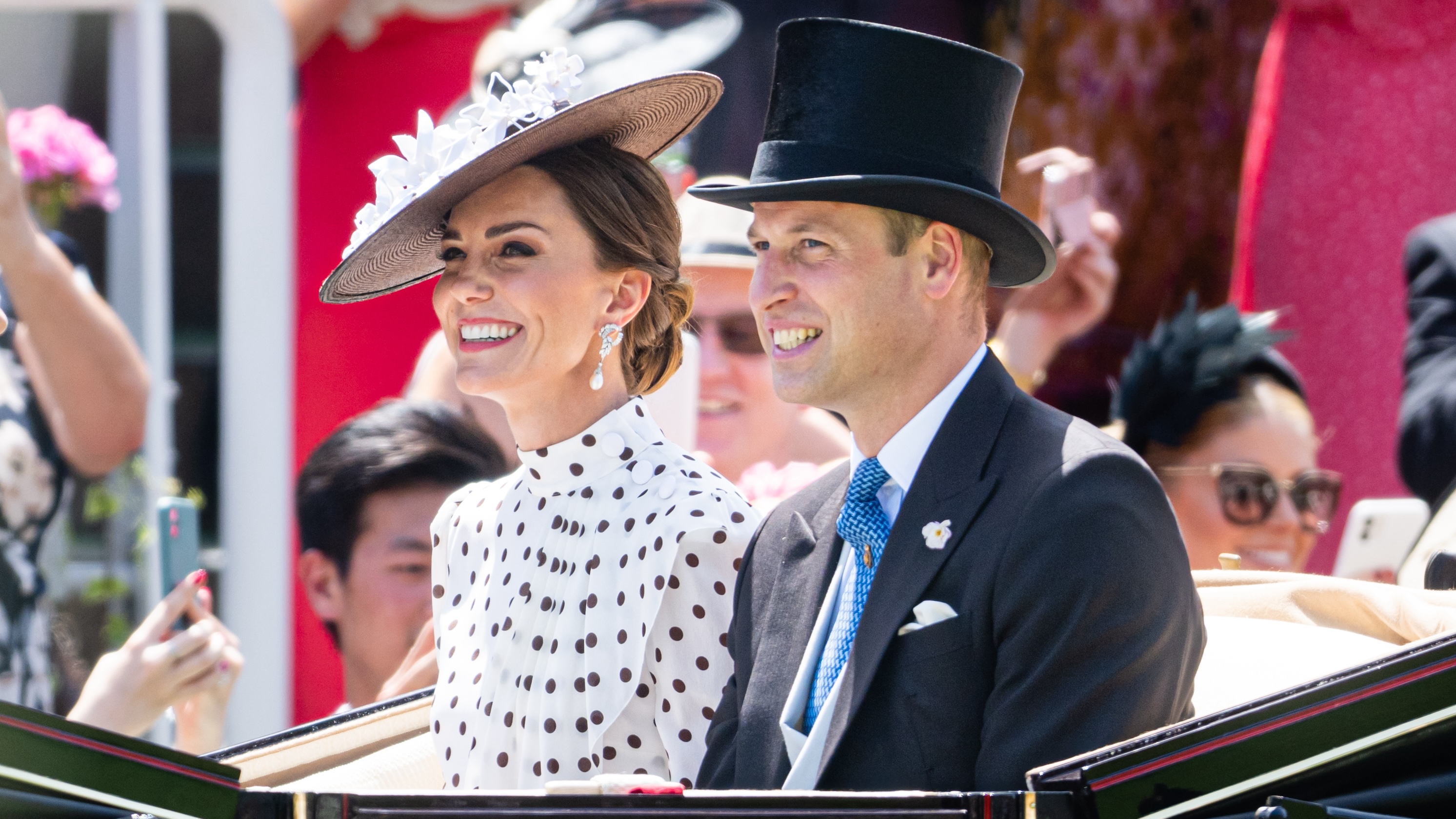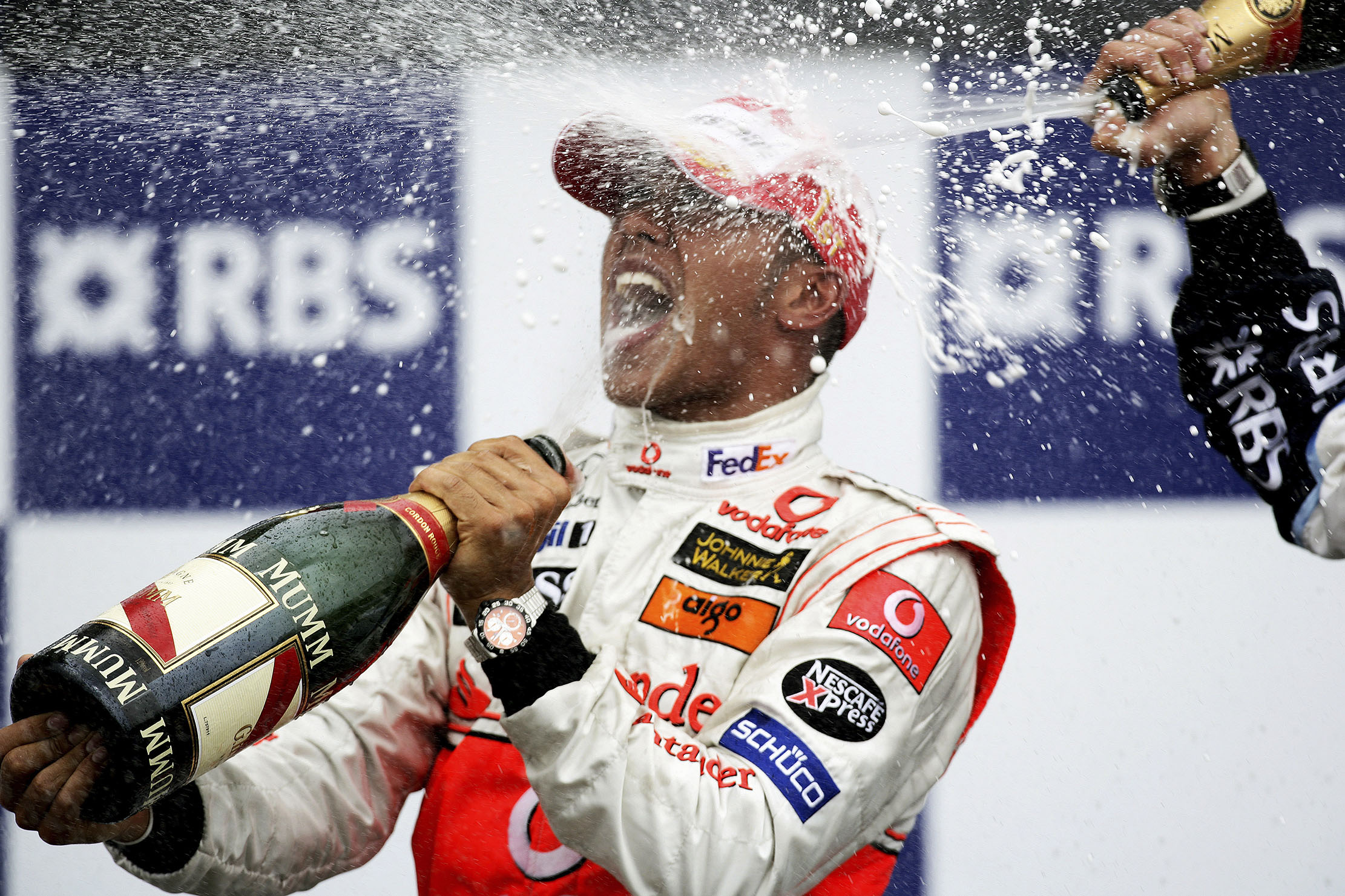Spectator on Messiah
Handel's Messiah is a kind of Reader's Digest Condensed life of Christ but to listen to it in its entirety requires a level of attention which Carla finds difficult to muster


I first heard Handel's Messiah during the war in Vietnam. The senior girls were allowed to attend a rehearsal for a performance in the National Cathedral that was given the following evening for the Great and the Good of Washington DC. As we filed in, we were given a sheet of paper fresh from the ditto machine. I inhaled the perfume of the purple ink as I read the titles of the 54 movements, a kind of Reader's Digest Condensed life of Christ, sung in the familiar and majestic language of the King James Bible.
My memory of that performance is of feeling like my life had just begun, that I was hearing trumpets, timpani, violins, and human voices for the first time. When everyone leapt to their feet for the 'Halle-lujah!' chorus, I felt alive with joy. I also thought it was the end, and I was baffled when the soprano started singing again.
A lot happens in the Messiah, and truly there are no boring bits, but even now, nearly four decades later, I suspect I still managed to think about other things. I probably thought about my sister who was getting married a few weeks later, a large Christmas wedding that I dreaded. (Years later, I learned that she had dreaded it, too.) I may have worried about my Uncle Jack, a helicopter pilot in Vietnam, and my cousin Steve who was about to go there, or perhaps I only thought about myself: university applications, boots I wanted, a boy I liked. Although I've travelled far and wide to hear a Bach Mass or a Mozart Requiem, I date my habit of thinking about life while listening to great music to that first performance of the Messiah.
I begin every concert with a vow to concentrate, to focus on the melodic shape, to follow the harmonic structure, simply to listen to the music. Sitting in the cathedral in Bury St Edmunds last night, listening to a beautiful performance of the Messiah, I made it through the Old Testament prophecies and reached the New Testament birth of Jesus before my thoughts began to wander. It wasn t a profound distraction, not thoughts of war and peace, but tree lights. Earlier in the week, a friend had urged me to replace my incandescent Christmas lights with LEDs (light emitting diodes). 'Ten strands of incandescent lights, left on from dusk till midnight, produce up to 300lb of CO2. Long-lasting LEDs produce a mere 30lb'. I was torn: buy all new lights for the sake of the planet but dump the old lights in a landfill? I pushed myself back into the music, yearning for that burst of spiritual certainty of the 'Hallelujah!' chorus.
I used to believe that the Messiah was best performed in a liturgical slow time, not during the hurly-burly of Christmas. Handel didn't even write it for Christmas it was first performed in Dublin in April 1742. But now I think that the great oratorio is a perfect starting point for Christmas. As the lights dim, I enter the spirit of the music, the birth of Jesus, which is the cornerstone of the Christian faith. Other thoughts scatter in and out menus, presents, sheets. And sadder thoughts: three funerals in the past month, three families whose worlds have been torn asunder, their first Christmas in a time of grief. But the music is comfort and joy, and it moves me closer to the miracle of Christmas. As the pure soprano voice sings, I say the silent prayer I always say during the Messiah: let this be the Christmas that I give the only gifts that matter: peaceful surroundings and my undivided attention.
Sign up for the Country Life Newsletter
Exquisite houses, the beauty of Nature, and how to get the most from your life, straight to your inbox.
Country Life is unlike any other magazine: the only glossy weekly on the newsstand and the only magazine that has been guest-edited by HRH The King not once, but twice. It is a celebration of modern rural life and all its diverse joys and pleasures — that was first published in Queen Victoria's Diamond Jubilee year. Our eclectic mixture of witty and informative content — from the most up-to-date property news and commentary and a coveted glimpse inside some of the UK's best houses and gardens, to gardening, the arts and interior design, written by experts in their field — still cannot be found in print or online, anywhere else.
-
 'The watch is Head Boy of men’s accessorising': Ginnie Chadwyck-Healey and Tom Chamberlin's Summer Season style secrets
'The watch is Head Boy of men’s accessorising': Ginnie Chadwyck-Healey and Tom Chamberlin's Summer Season style secretsWhen it comes to dressing for the Season, accessories will transform an outfit. Ginnie Chadwyck-Healey and Tom Chamberlin, both stylish summer-party veterans, offer some sage advice.
-
 Lewis Hamilton, Claude Monet and the Four Horsemen of the Apocalypse: Country Life Quiz of the Day, April 29, 2025
Lewis Hamilton, Claude Monet and the Four Horsemen of the Apocalypse: Country Life Quiz of the Day, April 29, 2025Tuesday's Quiz of the Day looks back at Lewis Hamilton's first win and ponders on the meaning of greige.